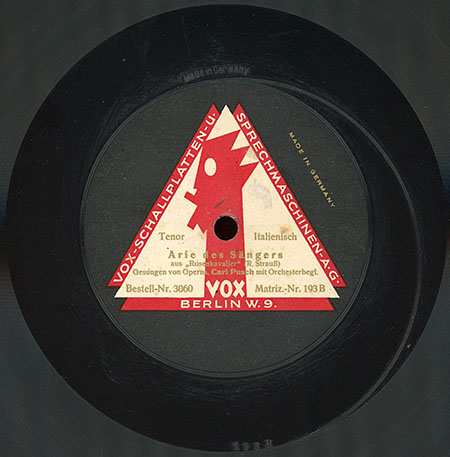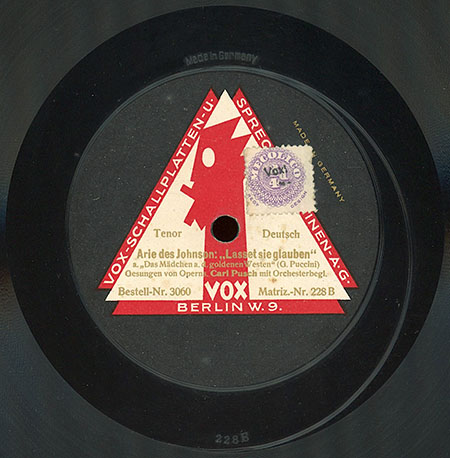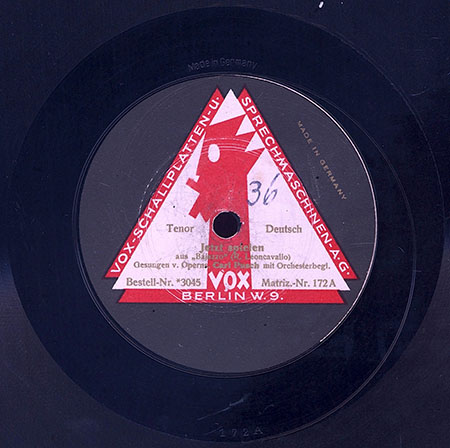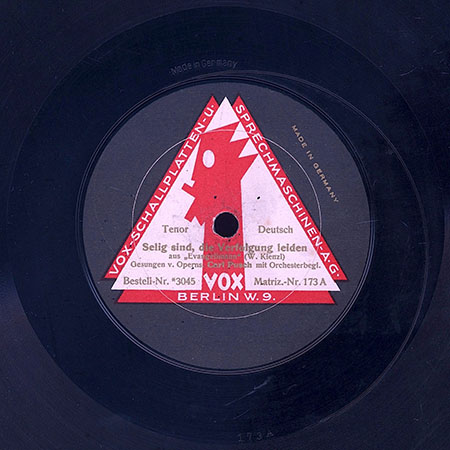Carl Pusch




Carl Pusch is an extraordinarily elusive singer. The few proofs of his existence don't make a proper career overly
probable. Lotz, Weggen and Zwarg in their Discography of German Vocal Recordings say the only biographical fact available about Pusch
is that he wrote the text for the song "Beim Scheiden" by Hermann Sonnet, but even that must be a mistake: actually, there are lots of
folkloristic German songs (popular with amateur male choirs) on texts by Carl Pusch, but this must be a different Pusch. Most of those
songs were published from 1906 to 1912, while the few documents on tenor Pusch range from 1921 to 1930. A poet first, and a singer
later on? I don't think so.
Tenor Pusch made four recordings for Vox in Berlin in 1921 and 1922. In 1926, he appeared at the Tivoli in Hannover, and the ad for
that production is worth quoting: "Daily 8 pm: interesting guest performance by the Norwegian tragic dancer Bella Siris. Most
beautiful woman of Scandinavia. Participating: Carl Pusch, heldentenor (formerly at the Berlin State Opera). Musical direction:
John Mandelbrod. The garden is open." If Pusch ever really sang at the Berlin Staatsoper, it may have been in the choir, or in very
small parts at most. Finally, in January 1930, one Karl Pusch (Karl is the more modern way of writing Carl) sang Melot in Philadelphia.
And that's all I was able to find about him.
Reference 1: Hannoverscher Kurier, 6 June 1926; reference 2: Frank Hamilton, Opera in Philadelphia. Performance
chronology 1925–1949, online publication, 2009
Discography
Vox, Berlin, December 1921
193B Rosenkavalier (Strauss): Di rigori armato 3060
228B Fanciulla del West (Puccini): Lasset sie glauben 3060
Vox, Berlin, January 1922
172A Pagliacci (Leoncavallo): Hüll dich in Tand nur 03045
173A Evangelimann (Kienzl): Selig sind, die Verfolgung leiden 03045
Source: Gesellschaft für historische Tonträger, Wien
Many thanks to Anton Bieber for the recordings and label scans.
|



